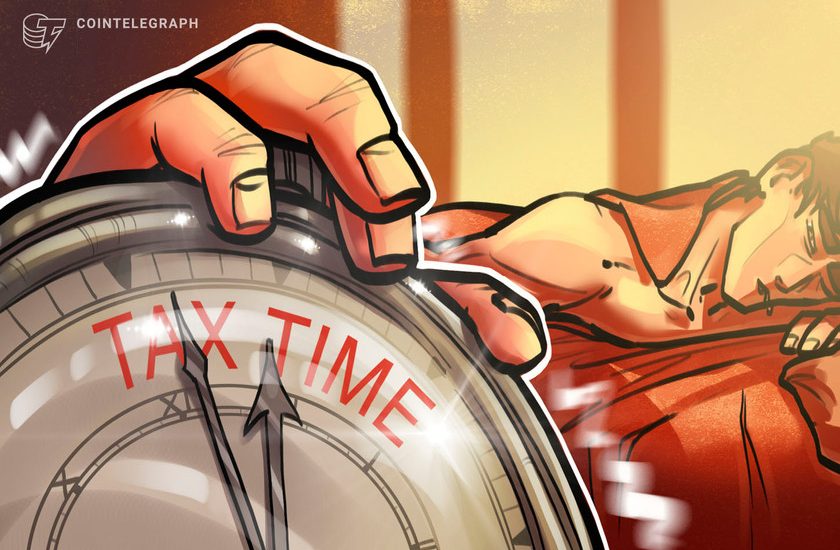- February 22, 2021
- Posted by: admin
- Category: BitCoin, Blockchain, Cryptocurrency, Investments


After much back and forth, South Korea appears to have finally set a hard date for the dawn of cryptocurrency taxation.
South Korea will implement a 20% tax on Bitcoin (BTC) and cryptocurrency profits starting Jan. 1, 2022. The nation’s Ministry of Economy and Finance announced that profits made from both trading and holding cryptocurrencies will be subject to the tax, reported the Korean Herald on Monday.
The tax will be triggered when profits made from cryptocurrencies exceed 2.5 million won, or roughly $2,300. Gains made up to this point will be tax-exempt.
South Korea previously aimed to levy the tax starting in 2020, but pushback from cryptocurrency enthusiasts and lobbyists saw the government delay the implementation of the tax several times. A 2022 start date was previously floated by the South Korean regime, however, that date was then delayed until 2023, as previously reported by Cointelegraph.
Now, it appears that 2022 is back in the cards once again. Following South Korea’s recognition of Bitcoin as a financial asset, BTC and other cryptocurrencies will no longer be classed as tax-free hobbies.
Cryptocurrencies received as part of an inheritance, or those received as gifts, will also be taxed. Referring to crypto gifts and inheritances, the Herald states:
“In such cases, the price of the asset will be calculated on the basis of the daily average price for one month before and one month after the date of the inheritance or gift.”
Over 38,000 citizens have already signed a petition in protest of the impending tax since Feb. 10. If the number of signatures on the petition reaches 200,000 by the end of March, it will force an official response from the South Korean government.
Starting in March, an expected revision to the Specific Financial Transactions Act will also see cryptocurrency exchanges fall under new regulatory scrutiny. In addition to stronger information security procedures, and Anti-Money Laundering measures, the new regulation will also see exchanges forced to implement “real name accounts,” reports the Korea Herald.
